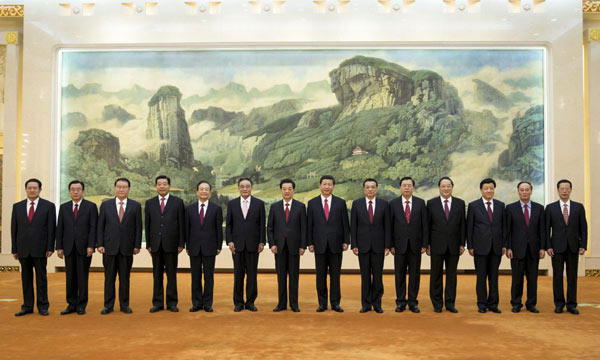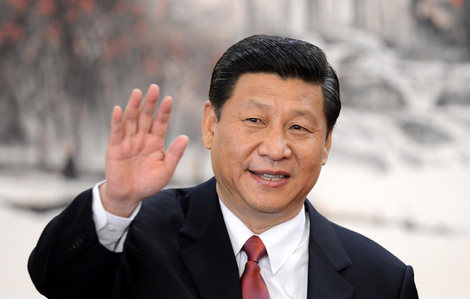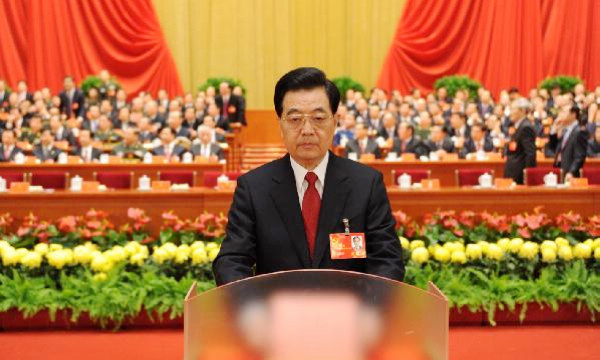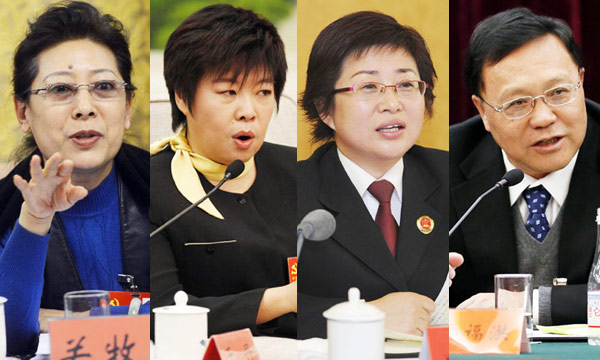Younger migrants' new hopes
By Michelle Fei (China Daily)
Updated: 2012-11-15 03:59
China's younger generation of migrant workers, born in the 1980s and 1990s, consider equal rights to medical insurance, equal education opportunities for their children and engagement with local society to be the most important issues, according to one of their representatives at the 18th National Congress of the Communist Party of China.
Yan Wenjing, from Guangdong province, is one of the youngest delegates to the congress and one of the 26 migrant workers attending the event. She said that she often hears such issues being raised by her peers.
"We don't call ourselves migrant workers anymore, we call ourselves the new generation of industrial workers," said Yan, who collected opinions from more than 1,000 migrant workers before she came to Beijing for the congress.
Born in 1986, Yan, who is originally from the Inner Mongolia autonomous region, joined Zhongshan Broad-Ocean Motor Co in Guangdong province in 2006 as an assembly line worker.
"Nowadays, most of us are not from farmers' families or rural areas. We are youngsters from small towns and move to cities to seek different lives," she said.
The main characteristics of the younger generation of migrant industrial workers are that they have a stable income, an adequate standard of living and work in modern factories, a situation that differs greatly from the older generation, who worked in dirty and poorly equipped factories for very little pay, she said.
"They don't care that much about household registration, they care about whether they can enjoy the same social welfare as other citizens and how much they are involved in local issues," said Yan.
There are around 250 million migrant workers in China.
According to Yang Zhiming, vice-minister of human resources and social security, there are many differences between the older and younger generations of migrant workers.
The older generation came to cities to make money, and to save for life after returning home, while the younger generation wants to settle down in cities.
In addition, rather than just ensuring that they are paid their full salary and seeking better working conditions, the younger generation also wants social security coverage and to share the benefits of the development of their company and city.
"The key issue in meeting the demands of the younger generation of migrant workers is to solve the problem of household registration in cities," said Yu Jianrong, a professor at the Rural Development Institute under the Chinese Academy of Social Sciences.
The younger generation of migrant workers that Yan mentioned represents a transition from blue-collar to white-collar workers, he said.
Such a rising group may reflect the fast pace of urbanization, said Yu, who added that they are a "transitional class" that lives like urbanites, Yu said.
"But the fundamental criteria of classifying urban or rural residents remains household registration."
"Feeling like an urbanite does not mean you are really an urban resident in law," said Yu, who called for changes to the household registration system.
Under the current policy, migrant workers who work in a town continuously for six months are eligible to apply for local household registration. Those who work in small or medium-sized cities for more than three years can join the local household registration system. Big cities set their own criteria.
Contact the writer at michelle@chinadailyhk.com
Related Stories
Migrant workers get say at congress 2012-11-13 08:08
Provide public services for migrant population 2012-11-12 22:45
More efforts urged to protect migrants 2012-11-12 07:59
Young migrant workers optimistic about city life 2012-11-08 16:58
China's subsidies to reservoir migrants hits $15.84b 2012-11-07 20:20
Migrant workers have their voices heard 2012-11-07 19:20
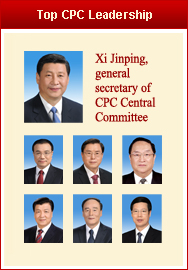
Top News
Xi emphasizes adherence to CPC Congress spirit
Top legislator urges implementation of congress spirit
Moderately prosperous China brings chances to world
Video


